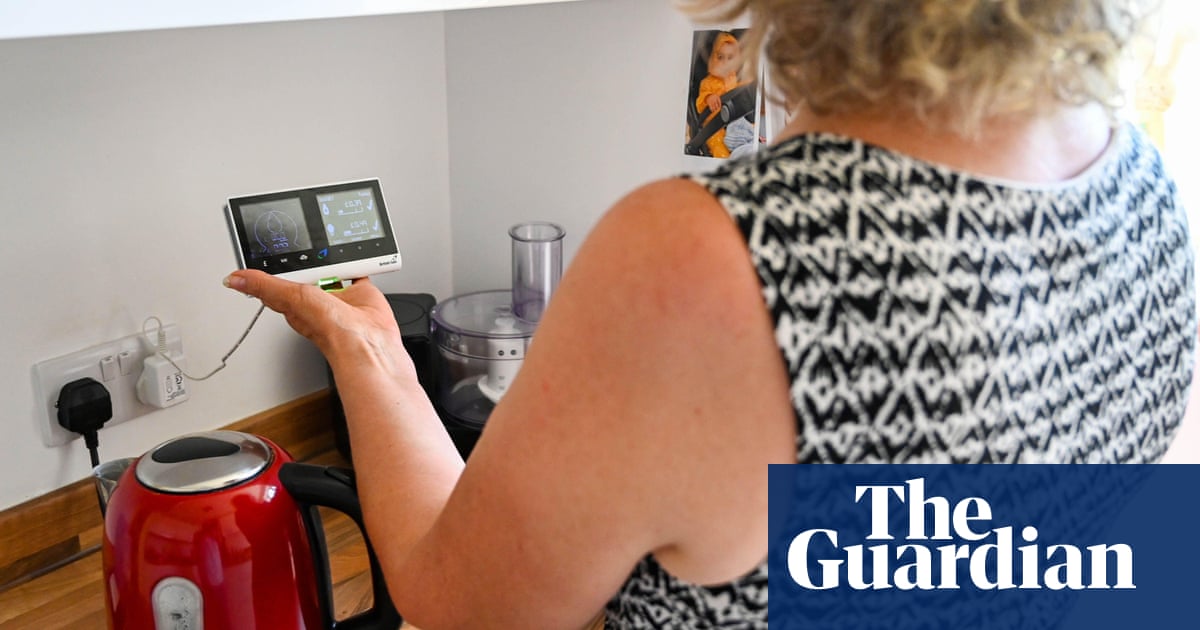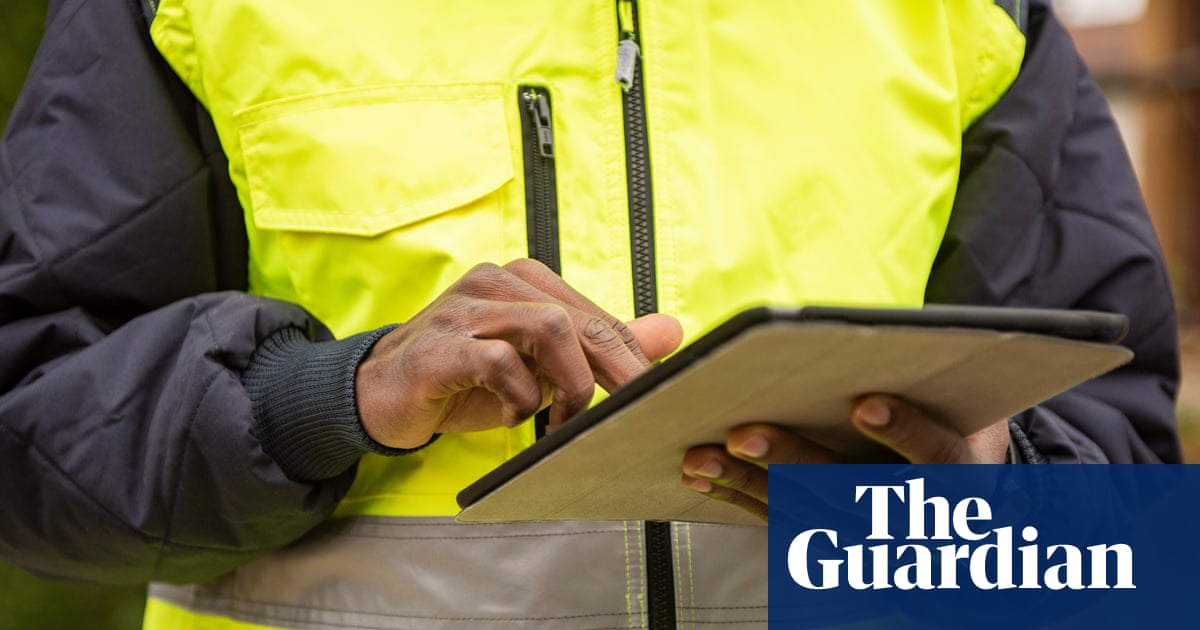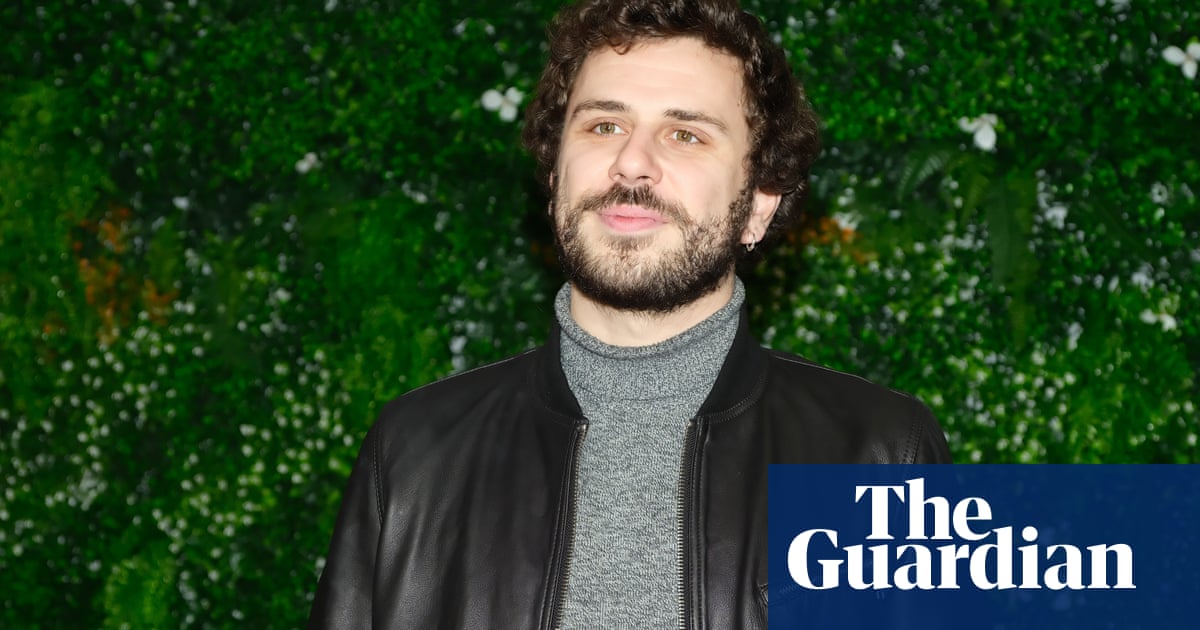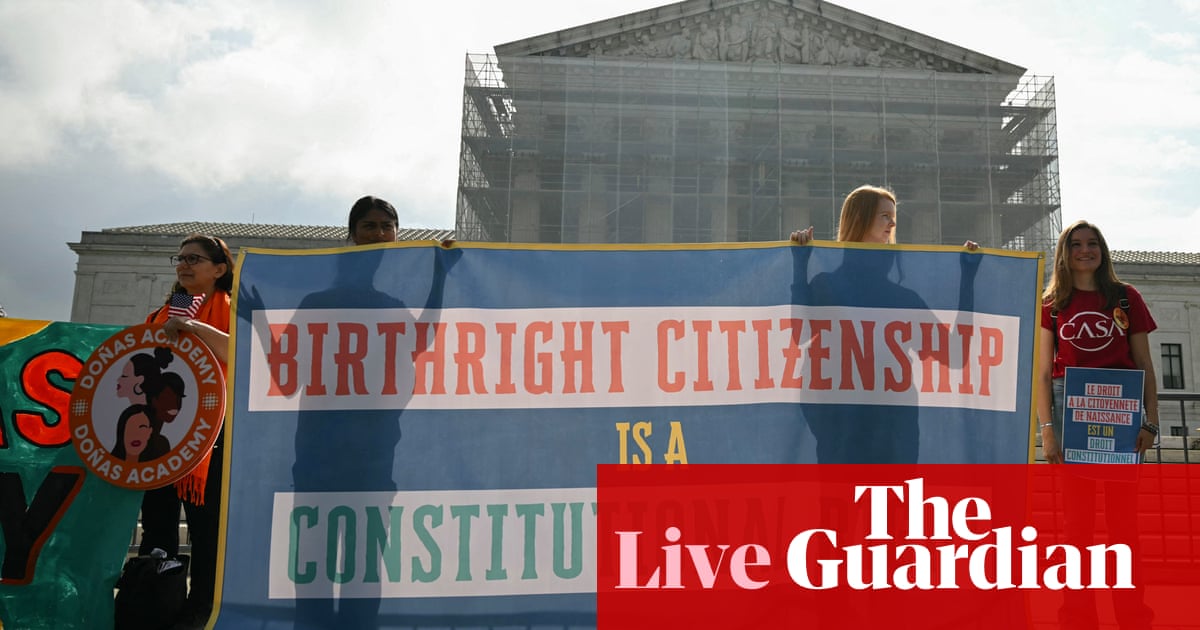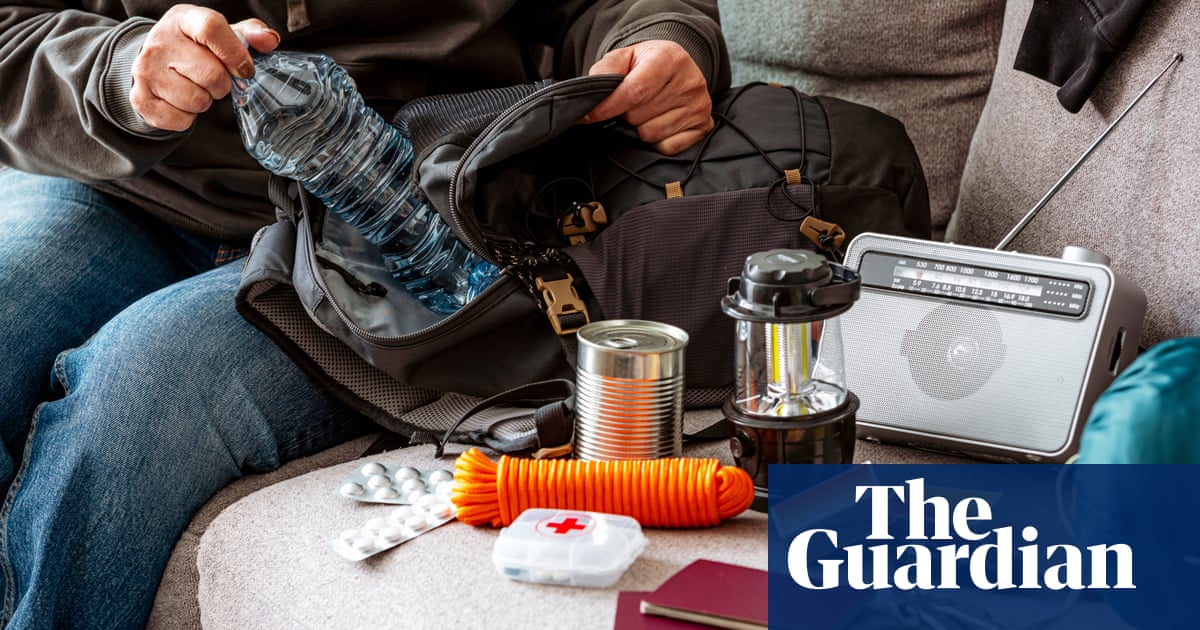Kindness doesn’t cost a thing. Putting up a big “no foreigners welcome” sign, threatening to annex your neighbour, and throwing visitors to your country into detention for minor visa infractions, however? Such actions are expensive. The United States is on track to lose $12.5bn (£9.4bn) in international travel spending this year, according to a study published on Tuesday by the World Travel and Tourism Council.
If the Trump administration is concerned that its aggressive rhetoric is costing tourist dollars, it’s not showing it. During a recent press conference about the 2026 Fifa World Cup, which will be jointly hosted by the US, Mexico and Canada, vice president JD Vance joked about deporting football fans who outstay their welcome. “We’ll have visitors from close to 100 countries. We want them to come…” Vance said. “But when the time is up, they’ll have to go home, otherwise they’ll have to talk to [Homeland Security] secretary Noem.” That’s Kristi Noem, the woman who shot her own dog. Not someone you want to talk to when she’s in a bad mood.
Judging by the drop-off in visitors, many people have decided that a trip to the US just isn’t worth the risk right now. As a green card holder – and someone with family in the UK who have been thoroughly put off coming to visit the US – this is a question I’ve been wrestling with for the past few months. So, for somewhat selfish reasons, I spoke to a number of immigration lawyers and civil rights experts to try to figure out the new rules, across different demographics, for travelling to and from Trump’s America.
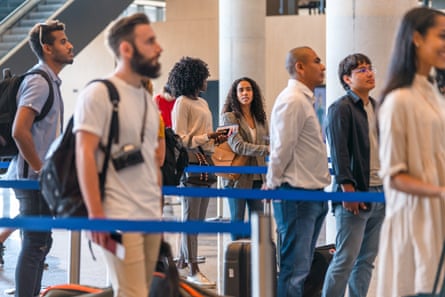
First, though: the big picture. It is hard to quantify exactly how much things have changed at the border since the start of Trump’s second term. There have been plenty of scary stories in the news but that might not reflect a policy shift – it could just mean the media is paying more attention to the subject. Murali Bashyam, an immigration lawyer based in North Carolina, believes that while “there are more issues at the port-of-entry than before”, fears of being detained “are overblown to some extent”.
Other immigration lawyers are more worried. Camille Mackler, executive director of a legal service provider collaborative called Immigrant Arc, stresses: “Things have fundamentally shifted – although whether that shift is happening systematically at the airport level or on an individual officer level is harder to say.” But, she says, there seems to be a clear trend: “The Trump administration wants to increase deportation numbers, and they’re going after any case they can. Enforcement has become much more aggressive.”
According to Golnaz Fakhimi, legal director of Muslim Advocates, one of the biggest shifts is “the targeting of non-citizens based on viewpoints and ideology”. There are two executive orders that set the stage for this targeting: EO 1461 Protecting the United States from Foreign Terrorists and Other National Security and Public Safety Threats, and EO 14188, Additional Measures to Combat Anti-Semitism. The first EO lays the groundwork to deport or deny entry to foreigners based on their political and cultural views. The second uses a broad definition of antisemitism that includes criticism of Israel’s policies or government.
Since Trump passed those orders, says Fakhimi, “there’s been a lot of rhetoric reinforcing those policies and we’ve seen actual instances of what looks like viewpoint-based scrutiny. All of this points to a kind of risk that non-citizens – including lawful permanent residents – should be aware of, especially when it comes to ideological expression.”
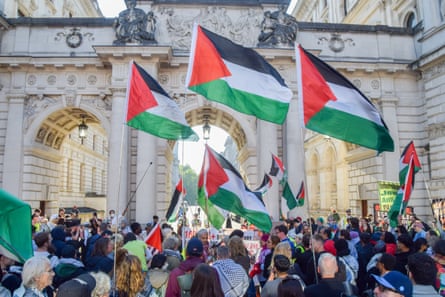
Criticism of the Israeli government or support for Palestinian rights seems to be at the “forefront of what’s being targeted” now, says Fakhimi. “But many of us worry that the scrutiny won’t stay limited to those viewpoints. It may already be expanding. There was one case reported in the media involving a French researcher who was denied entry, possibly because of content on their phone that was critical of the US president. Inside the US, we’ve also seen targeting of immigrant-rights activists – Jeanette Vizguerra in Colorado for example.”
Kseniia Petrova, a Russian-born researcher at Harvard Medical School who has been detained since February, may have been targeted because of her political views. “So it’s important for non-citizens to be clear-eyed about what viewpoints they’ve publicly expressed – especially online – when considering the risks of international travel.”
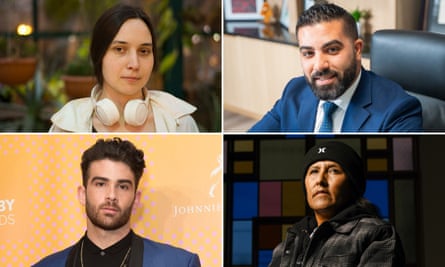
It’s also prudent to assume that your social media activity has been examined. “Social media identifiers are now required on forms like the visa application or Esta [for the visa waiver programme],” says Sophia Cope, senior staff attorney on the Electronic Frontier Foundation’s civil liberties team. “We’ve heard anecdotal reports of agents referencing social media during questioning.”
It is not only non-citizens who should be worried. Hasan Piker, a left-wing YouTuber and US citizen, was recently held and questioned for hours by US Customs and Border Protection (CBP) officials in Chicago after returning from France. In a video, Piker says the agents seemed to know who he was and asked about his political beliefs, including repeated questions about his views of Hamas. A CBP official called the suggestion that Piker was targeted for his political views “baseless”.
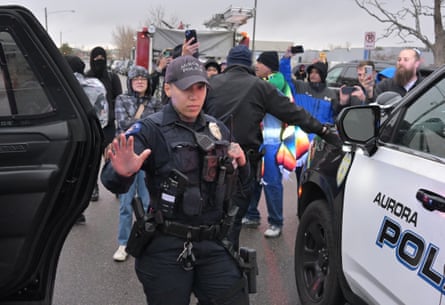
Amir Makled, a Lebanese-American lawyer representing one of the University of Michigan pro-Palestine campus protesters, was recently stopped at Detroit Metro airport and interrogated by a tactical terrorism response team agent. Makled has said the agents knew exactly who he was; his phone was searched and they asked about his contacts. Eventually, he was allowed to go home.
The Makled case was very troubling, says Cope, because it suggests targeting based on political association. “CBP denied this, but during the inspection, they asked to see his contact list. That implies they weren’t interested in him, but in who he knew. That’s outrageous. We litigated a case on this for four years – unfortunately, the courts didn’t rule in our favour – but we learned that CBP believes it has the authority to search devices not just when the traveller is a suspect, but also to gather intelligence on someone else the traveller may be connected to … It’s a form of dragnet intelligence gathering.”
When it comes to intelligence gathering at the border, officials have carte blanche. After your international flight lands on US soil and before you clear customs, you are in something of a no man’s land in relation to civil rights. “The normal fourth amendment requirement of a warrant or individualised suspicion doesn’t apply,” says Nate Freed Wessler, a lawyer at the American Civil Liberties Union. Some states offer slightly more protection than others, however. In the ninth circuit, which covers the western US, the rules are “most protective”, says Wessler. “For a manual search (where an agent is just scrolling through your phone), no individual suspicion is needed, but the search must be for digital contraband – like classified documents.
“For a forensic search, where they plug your phone into a device to extract and analyse the entire contents, there must be reasonable suspicion that the phone contains digital contraband. And if the purpose is anything else, like gathering intelligence or helping another domestic agency, then a warrant would be required.”
For most of the country, however, it’s anything goes. “The only minimal protection CBP has in their policy is distinguishing between manual and forensic searches. For a forensic search, they say they need reasonable suspicion, but they don’t define what that means. For a manual search, there are no guardrails. They argue it’s less invasive, but that’s just not true. They can still do keyword searches and spend hours combing through your device.”

They don’t have access to everything on your phone, however. Customs and Border Protection policy requires agents to put devices in flight mode before searching, to avoid accessing cloud data. It’s not a bad idea to put your phone in flight mode before you travel to understand what is stored on the cloud and what is local.
What if you refuse to give your passcode to officers or say you don’t consent to a search? Consequences differ depending on your immigration status. If you’re a green card holder or citizen they can still take your phone. “They can’t compel you to give your passcode, but they can seize the phone and send it to a forensic lab, where it might sit for weeks or months while they try to break into it,” says Wessler. “For visa holders, it’s trickier. If you refuse to unlock your phone, they may just deny you entry, claiming you’re not cooperating in assessing admissibility.” And in the very worst scenario they might throw you into a detention centre before sending you home.
Searches, to be clear, are still very rare. “Claims that CBP is searching more electronic media due to the administration change are false,” CBP assistant commissioner of public affairs Hilton Beckham said in a statement last month. “CBP’s search numbers are consistent with increases since 2021, and less than 0.01% of travellers have their devices searched … Allegations that political beliefs trigger inspections or removals are baseless and irresponsible.”
If you’re worried these allegations aren’t quite as baseless as CBP insists, Wessler says: “The safest approach is not to travel with data you wouldn’t want the US government to access.”
Let’s say you’re a British citizen who has been outspoken, on social media and elsewhere, about your pro-Palestinian or anti-Trump views. Would it be a foolish idea to travel to the US right now? “I wouldn’t say ‘don’t come,’ but I’d say evaluate your risk and risk tolerance,” says Wessler. “The government is being extremely aggressive with students and activists, and there’s always a chance a border agent might act on something they find politically disagreeable. Most travellers are still fine – but the risk is real and well above zero.” So, basically, nothing is very clear? Pretty much, says Wessler. “The law is a complete mess, and people’s options are a complete mess. People just have to make a risk assessment based on extremely imperfect information.”
The first step in making that risk assessment is to thoroughly understand the rules for the specific visa you’ll be travelling on or your immigration status. “The Foreign Affairs Manual is a great resource,” says immigration lawyer Tahmina Watson. “It’s what consular officers use, and it’s publicly accessible. It lays out what officers are looking for, visa by visa. We’re now advising clients more than ever to understand the B1/B2 visa rules. B1 is for business, B2 for tourism. When CBP asks why you’re here, they’re listening for key phrases – ‘I’m visiting my grandmother,’ ‘I’m going to Disneyland,’ etc. The manual also talks about proof of ties to your home country – job, house, bills. That stuff matters.”
Having any sort of criminal record or contact with the criminal legal system is a major part of a risk assessment. “I just spoke with a US citizen who had married a green card holder,” says Watson. “They were returning from their honeymoon when he was detained. He had a conviction from when he was 18, served his time, and had travelled internationally for more than 30 years since without issue. But this time, he was detained, and it will be very difficult to get him out.”
If you’re a green card holder with a criminal record, Watson strongly advises against leaving the country. “Not until you’ve spoken with a lawyer. Even a long-ago conviction can result in detention now.” If you’ve ever overstayed a visa, even for a day, you should also speak to a lawyer before travelling.
Students have their own set of issues to look for. “For students or others with campus affiliations, we’d want to know if there’s been any scrutiny or disciplinary action at the university level,” says Fakhimi. “Another factor is whether any third parties have tried to spotlight or mischaracterise your views to attract federal attention. Groups like Betar US, for example, have devoted resources to building lists of political protesters they want deported.”
And then, of course, you’ve got to think about any public statements you’ve made and whether you can or should delete them. “For some, minimising the visibility of their views might feel like the right way to reduce risk,” says Fakhimi. “For others, staying publicly vocal and visible with their beliefs might feel too important to compromise. It’s really about what trade-offs someone is willing to make, and what decision they can live with.”
One thing that sustains Fakhimi, she says, is how many people are unwilling to censor themselves for their safety. “I’ve been incredibly moved and inspired by the courage of non-citizens – people with precarious status, even undocumented – who continue to speak out on a range of injustices. They see these issues as interconnected, and despite the risks, they’re standing firm.” Sometimes, staying true to your beliefs is more important than a trip to Disney World.

 6 hours ago
9
6 hours ago
9
